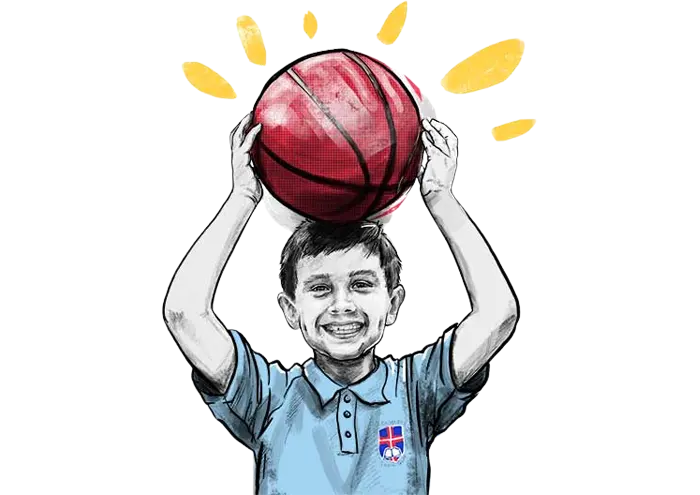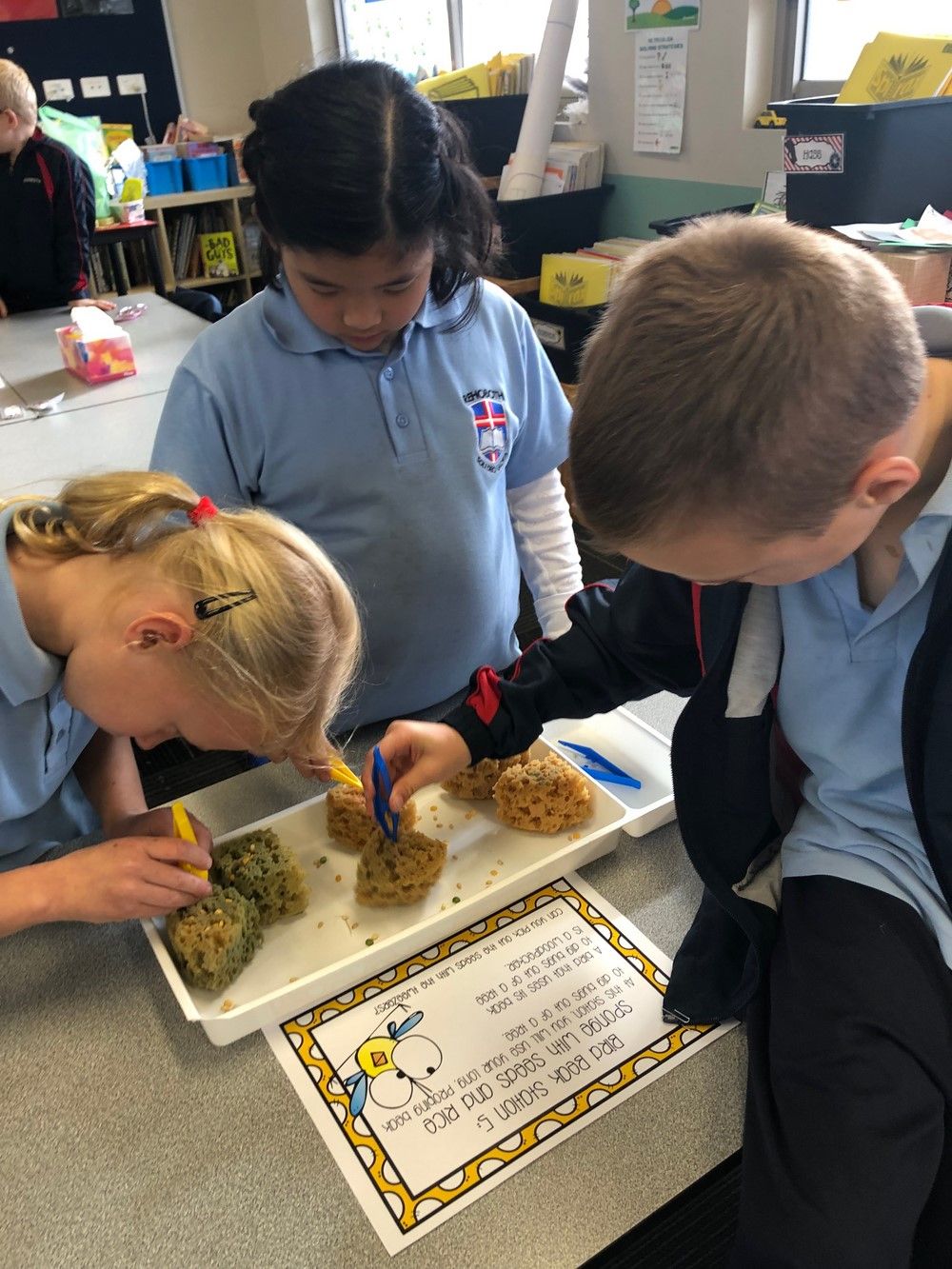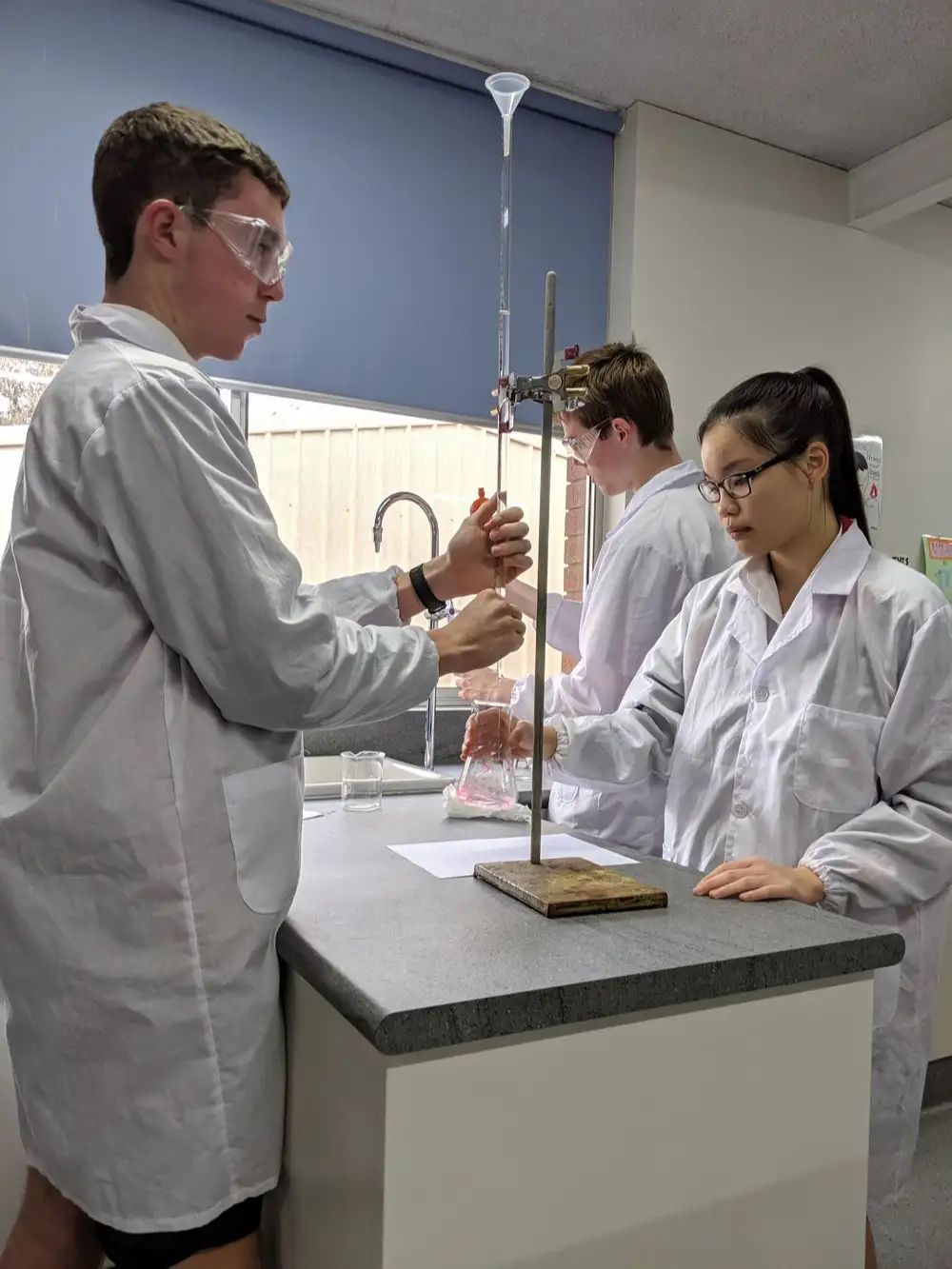This is a really good question to ask, particularly in light of NAPLAN testing, exams, ATAR scores, and career counselling, and especially when there is so much attention focused on ranking students, achievement at all costs, being the top of the class, and directing students into highly paid, university accredited professions. Even though we may not believe this is the be all and end all, to what extent has this worldview been absorbed into our thinking as parents and teachers?
I would suggest that success is more closely aligned with growing student’s character traits and attitudes:
- being the best that you can be
- perseverance
- determination
- diligence
- resilience
- and above all, trusting in God (Proverbs 3:5-6)
In a very real way, our success as a College is determined by the extent to which we fulfill our mission, which is, to partner with parents as a covenant community in order to support them in their task of nurturing and educating their children. We achieve this by developing structures that support dynamic 21st Century Learning, stimulating the God-given creativity and curiosity of lifelong learners, and immersion in a Christian worldview (Locus2019).
This refers to an ongoing process of learning how to learn, rather than the memorisation of factual information under time-pressured conditions. Memorisation may get you through a test or exam, but has a limited impact on the life skills needed after school.
Success is better measured by improvement, growth, solving real world problems, teamwork and collaboration, where the process is just as important as the outcome. That is why Project- or Problem-Based Learning (PBL) has become such an important strategy. This is about engaging students, developing their curiosity as we explore God’s world, and learning to express ourselves creatively.
21st Century Learning is about teachers listening to students, developing relationships with them and giving them choices, rather than just telling them what to do, what notes to write down, and making decisions for them. It recognises that students need to have a voice, and be extended in flexible learning spaces (like the LRC), where students are not dependent on the teacher alone for content-specific knowledge, and have access to an almost limitless number of online resources.
We need to accept that mistakes are okay, and are part of the learning process. Setbacks are often where we learn resilience, and learn the ability of overcoming. Children are fearfully and wonderfully made and God has made each of us uniquely, with different talents and giftings. In 1 Corinthians 12:14-26, Paul writes, “The eye cannot say to the hand, ‘I don’t need you!’ And the head cannot say to the feet, ‘I don’t need you!’ On the contrary, those parts of the body that seem to be weaker are indispensable.”
Our problem is that we sometimes buy into a worldview which compares and ranks one against another.
Rehoboth’s aim is to provide a holistic education that promotes excellence in ALL areas of development. Academic, spiritual, cultural, emotional, and physical aspects should complement rather than compete with each other, so that all children are given the encouragement to succeed and enjoy aspects of their schooling.
That is why it is important to develop broad extra-curricular and strong pastoral care programs, through which a lot of learning can take place. The attributes listed above are great preparations for life and the challenges we face, and are better measures what real success looks like when we work to bring glory to God and not to ourselves.








